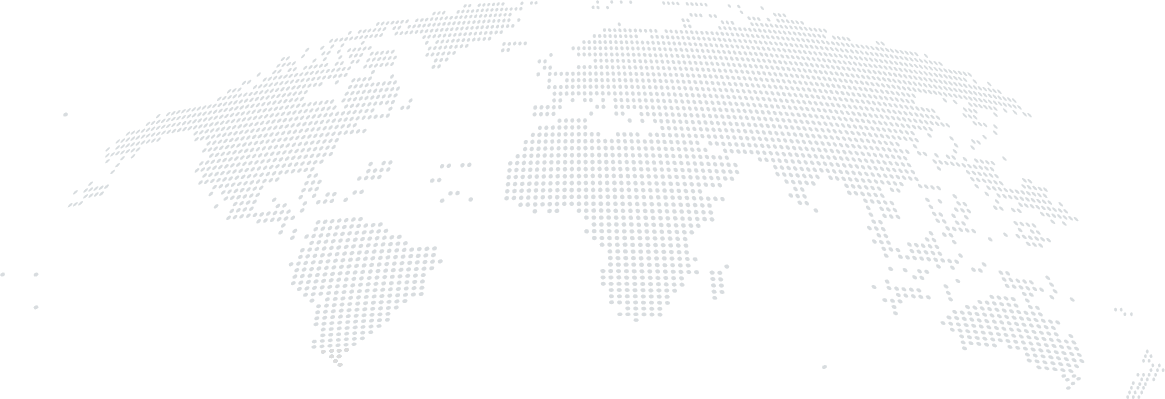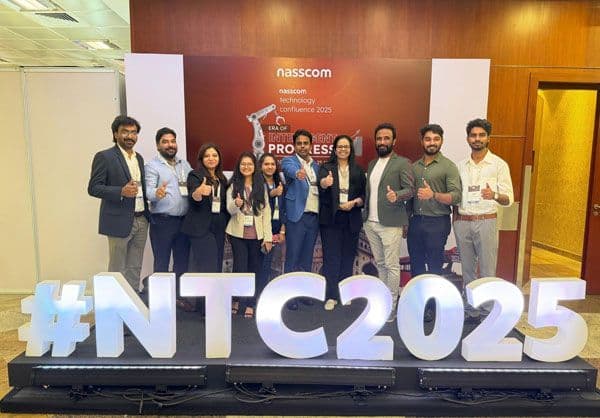AI-Powered Route Optimization: Cutting Costs and Emissions in Global Supply Chains
Background & Context
A global consumer goods enterprise, operating in the fast-moving consumer goods (FMCG) sector with hundreds of factories and a presence in more than 190 countries, faced increasing pressure to manage its vast and complex supply chain efficiently. With thousands of delivery routes spanning factories, warehouses, and depots, the enterprise needed a scalable, intelligent platform to ensure cost efficiency, sustainability, and service reliability while meeting growing consumer demand.
The Challenge: Efficiency Under Strain
As the customer’s global footprint expanded, the logistics network became increasingly complex. The challenges were clear:
- Escalating logistics costs from fuel, tolls, labor, and suboptimal routing.
- Slow, manual planning cycles with limited visibility into scenarios and trade-offs.
- Inconsistent decision-making across geographies, leading to variable service levels.
- High carbon emissions caused by unnecessary miles and underutilized loads, conflicting with sustainability commitments.
The enterprise needed more than incremental improvements—it required a modern, AI-driven approach to route optimization that could balance cost, lead times, service, and sustainability on a global scale.
The Solution: AI-Powered Route Optimization Platform
The customer partnered with Covalense Global to design and deploy a cloud-native, AI-powered supply chain optimization platform — a solution built to reimagine logistics planning at scale.
Key elements included:
- Advanced optimization algorithms powered by Gurobi, with Covalense procuring licenses and integrating the solver to deliver mathematically precise, cost-efficient routing decisions.
- Automation of planning workflows using Azure Databricks, ADF, ADLS Gen2, and Azure SQL for scalable data processing.
- Interactive WebApp built on React.js, .NET Core, Azure Maps, and Chart.js, enabling planners to visualize, simulate, and compare routing scenarios with intuitive dashboards.
- Scenario modeling capability, empowering planners to evaluate cost, service, and sustainability trade-offs.
- Global deployment across Azure regions for scalability, availability, and performance.
- Comprehensive documentation and governance frameworks, ensuring repeatability, knowledge transfer, and seamless adoption across planning teams.
By combining technical brilliance, excellent documentation, and robust design, Covalense Global delivered a platform that transformed logistics planning from a reactive, manual process into a strategic, data-driven capability.
The Impact: Lower Costs, Higher Confidence
The platform delivered measurable, benchmark-aligned results across cost, efficiency, and sustainability:
- 10–15% reduction in logistics costs, achieved through optimized routes, balanced depot assignments, and improved load utilization.
- Planning cycle time reduced by up to 70%, with workflows that previously took days now completed in hours.
- ~8–12% improvement in On-Time Delivery (OTD), driven by traffic- and weather-aware routing intelligence.
- ~10% reduction in carbon emissions, aligning with the customer’s ESG commitments by eliminating unnecessary miles.
- Improved collaboration across planning teams, supported by a single, scalable platform and well-structured documentation.
- Scalable architecture ensuring that new markets, depots, or distribution changes can be onboarded with minimal effort.
What was once a logistical challenge marked by inefficiencies has now become a transparent, intelligent, and sustainable supply chain backbone.
Looking Ahead
For the customer, the AI-powered route optimization platform has become a strategic foundation for supply chain resilience. As global logistics continue to face volatility, the ability to model scenarios, adapt with agility, and scale operations sustainably will be a key differentiator.
With Covalense Global as a trusted innovation partner — and backed by advanced optimization through Gurobi — the enterprise is now positioned to transform even the most complex logistics networks into lean, intelligent, and future-ready supply chains, delivering measurable value for the business, its customers, and the planet.





